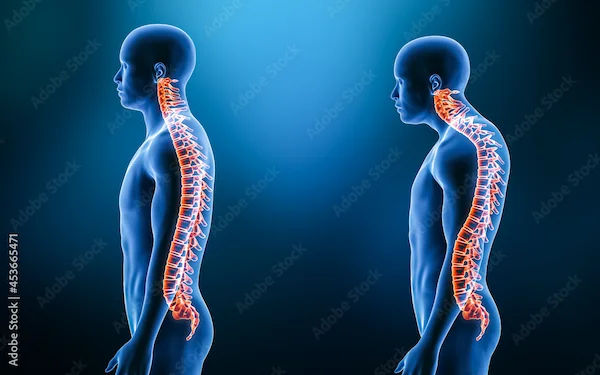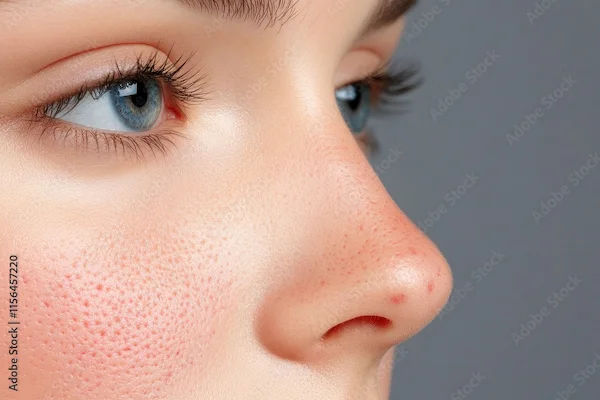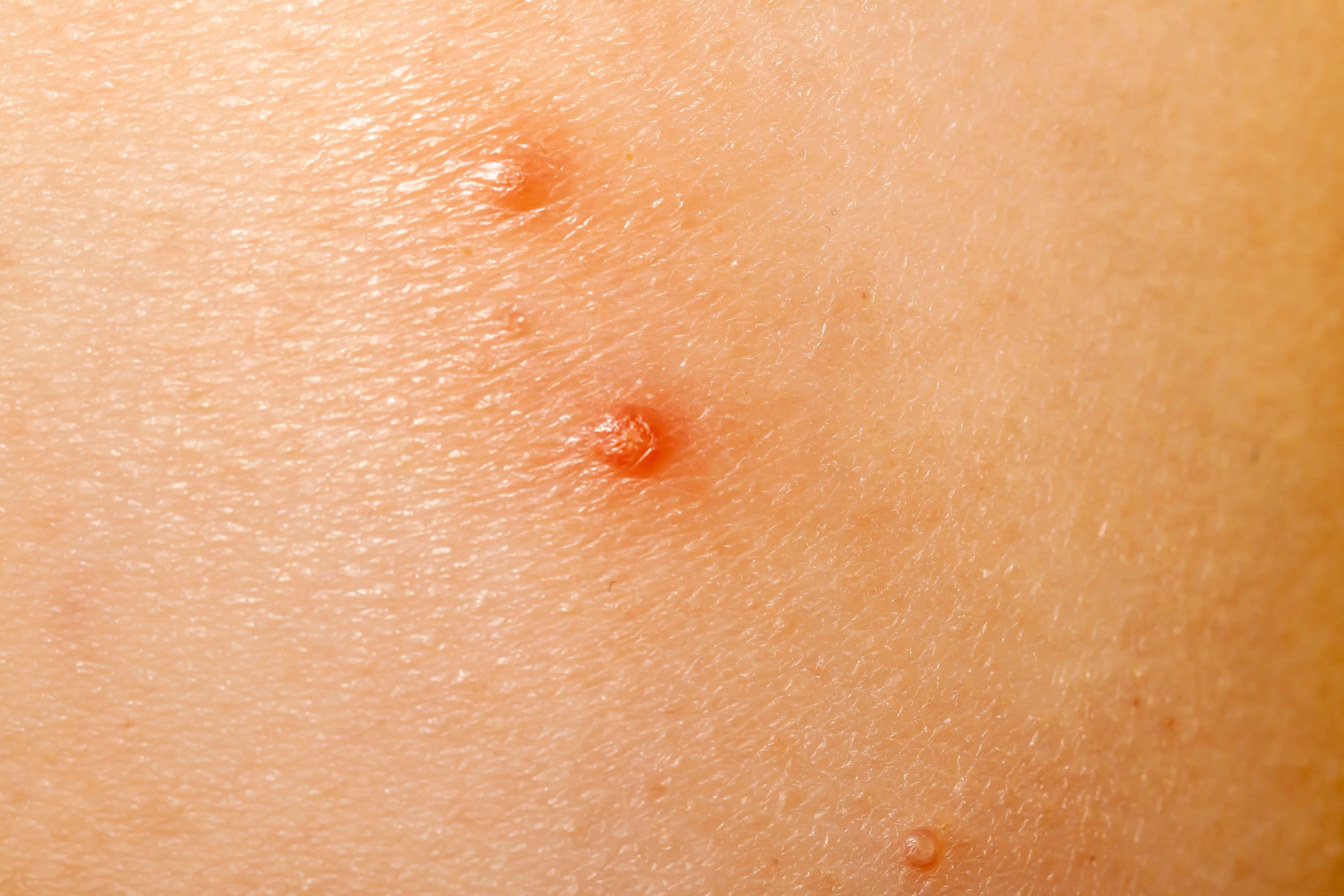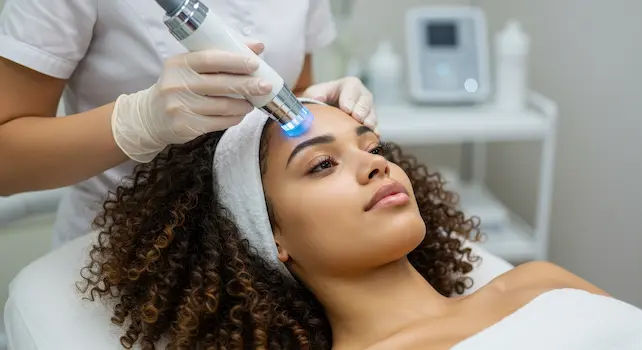Receding Hairline: Causes and Treatments
Discover what causes a receding hairline and explore effective treatment options. Learn about genetic factors, lifestyle triggers, and medical solutions like medications, hair transplants, and preventive tips to manage hair loss and support hair regrowth.

Written by Dr. M L Ezhilarasan
Reviewed by Dr. Dhankecha Mayank Dineshbhai MBBS
Last updated on 31st Aug, 2025

Introduction
Hair loss is a common concern for many people, and a receding hairline is often one of the first signs. If you’ve noticed your hairline moving backward or thinning at the temples, you’re not alone. While it can be distressing, understanding the causes and available treatments can help you take control of the situation.
What Is a Receding Hairline?
A receding hairline is when the hair gradually thins or moves backward, typically starting at the temples or forehead. In men, this often leads to an "M-shaped" pattern, while women may experience overall thinning rather than a distinct receding line.
Consult a Dermatologist for the best advice
Common Causes of a Receding Hairline
Several factors can contribute to hairline recession, including:
1. Genetics (Androgenetic Alopecia)
The most common cause is hereditary hair loss, also known as male or female pattern baldness. If your parents or grandparents had thinning hair, you might be more likely to experience it too.
2. Hormonal Changes
Hormonal imbalances, such as those caused by thyroid disorders, pregnancy, or menopause, can trigger hair loss. In men, an excess of dihydrotestosterone (DHT), a hormone derived from testosterone, can shrink hair follicles over time.
3. Ageing
As we age, hair growth slows down, and follicles may stop producing new hair.
4. Stress and Lifestyle Factors
High stress levels, poor diet, smoking, and lack of sleep can contribute to hair thinning.
5. Medical Conditions & Medications
Conditions like alopecia areata, scalp infections, or autoimmune diseases can cause hair loss. Certain medications (e.g., chemotherapy, blood pressure drugs) may also lead to temporary or permanent hair thinning.
6. Hairstyles & Hair Care Practices
Tight hairstyles (like braids or ponytails) and excessive use of heat styling or harsh chemicals can damage hair follicles over time.
How Does a Receding Hairline Affect Health?
While a receding hairline itself isn’t harmful, it can impact self-esteem and confidence. Many people feel anxious or stressed about their appearance, which can affect their social and professional lives.
Can You Stop or Reverse a Receding Hairline?
The good news is that early intervention can slow down or even partially reverse hair loss. Here are some effective treatments and lifestyle changes:
1. Medications
Minoxidil (Rogaine): A topical treatment that stimulates hair growth.
Finasteride (Propecia): A prescription pill that blocks DHT, slowing hair loss in men.
2. Low-Level Laser Therapy (LLLT)
Devices like laser combs or helmets can stimulate hair follicles and promote regrowth.
3. Platelet-Rich Plasma (PRP) Therapy
A treatment where your blood is drawn, processed to concentrate platelets, and injected into the scalp to encourage hair growth.
4. Hair Transplant Surgery
For advanced hair loss, surgical options like FUE (Follicular Unit Extraction) or FUT (Follicular Unit Transplantation) can restore hair density.
5. Lifestyle & Home Remedies
Balanced Diet: Eat protein-rich foods (eggs, fish, nuts), iron (spinach, lentils), and vitamins (A, C, D, E).
Reduce Stress: Practice yoga, meditation, or deep breathing exercises.
Gentle Hair Care: Avoid tight hairstyles, excessive heat, and harsh chemicals.
Scalp Massage: Improves blood circulation to hair follicles.
When to See a Doctor?
If you notice sudden or excessive hair loss, consult a dermatologist. Early diagnosis can help determine the best treatment plan.
Final Thoughts
A receding hairline is a common issue, but it doesn’t have to define you. With the right approach, whether through medications, lifestyle changes, or professional treatments, you can manage hair loss effectively.
Consult a Dermatologist for the best advice
Consult a Dermatologist for the best advice
Dr. Kavitha Killaparthy
Dermatologist
23 Years • MBBS,DIPLOMA(DERMATOLOGY,VENEREOLOGY,LEPROSY)
Hyderabad
JDS Skin & Hair Clinic, Hyderabad
Dr. Mayuri Jain
Dermatologist
11 Years • MBBS, MD Dermatology , Venereology & Leprosy
Delhi
Dr Mayuri Jain Clinic, Delhi

Dr Ekansh Shekhar
Dermatologist
10 Years • MBBS MD
Lucknow
Apollo Clinic Hazratganj, Lucknow
Dr.j Girishma
Dermatologist
6 Years • MBBS MD DERMATOLOGY
Bengaluru
Apollo Medical Center, Marathahalli, Bengaluru
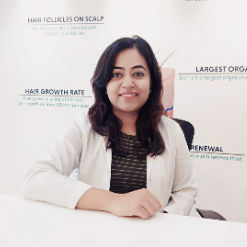
Dr. Ashwini T
Dermatologist
8 Years • MBBS, MD ( DERMATOLOGY )
Bengaluru
Apollo Clinic, JP nagar, Bengaluru
